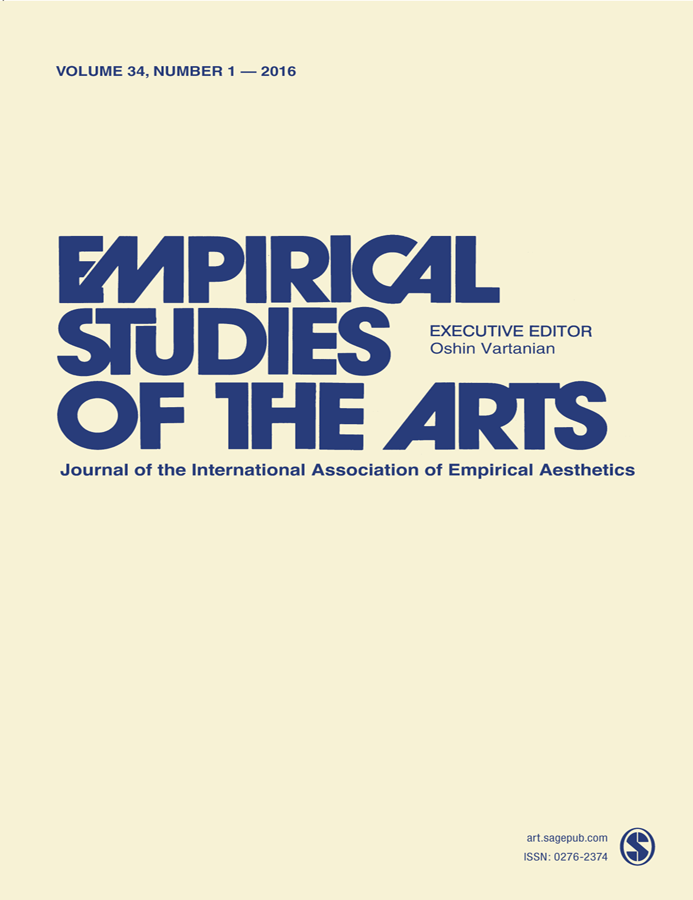Themen
Areas of Focus

Art Affinity Influences Art Reception
(in the Eye of the Beholder)
In: Empirical Studies of the Arts
Empirical Studies of the Arts
It is widely assumed that one does only experience and appreciate what one knows. This becomes evident when overviewing studies on the interplay of art expertise and art reception. Many authors may state that art is only experienced through knowledge; yet, several other authors did not find such links. All in all, many questions concerning the influence of art expertise on art reception and appreciation have remained unanswered, although this is a major topic in empirical aesthetics and art sociology. We therefore empirically tested the significance of art affinity in a large population of common museum visitors, based on the newly developed Art Affinity Index. Using different types of data (entrance surveys, exit surveys, physiological and locomotion recordings), we first found that art affinity influences visitors’ aesthetic expectations prior to the museum visit but is clearly less predictive of their actual experiences, physiological reactions, and spatial behavior in the museum. Second, in visitors with high art affinity, we found marked discrepancies between self-assessments before and actual experiences during the museum visits. We may conclude that art affinity does have an influence on art reception at large; yet, this linkage is not as close as assumed in the literature. The impact of art affinity on the experience and appreciation of art is more in the eye of the beholder because art affinity affects visitors’ attitudes toward art more strongly than it affects their actual experiences or behavior.
Online lesenTröndle, Martin / Tschacher, Wolfgang (2016): Art Affinity Influences Art Reception (in the Eye of the Beholder). Empirical Studies of the Arts, Vol. 34 (1), 74-102.